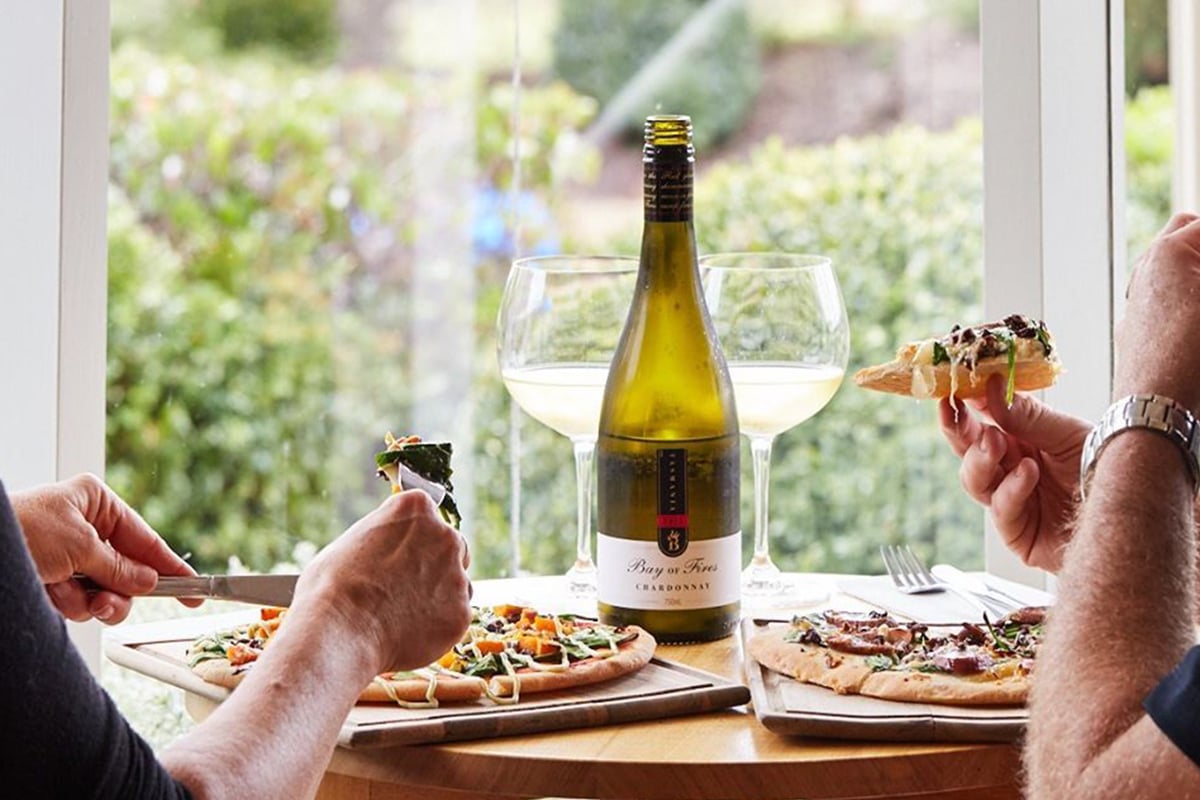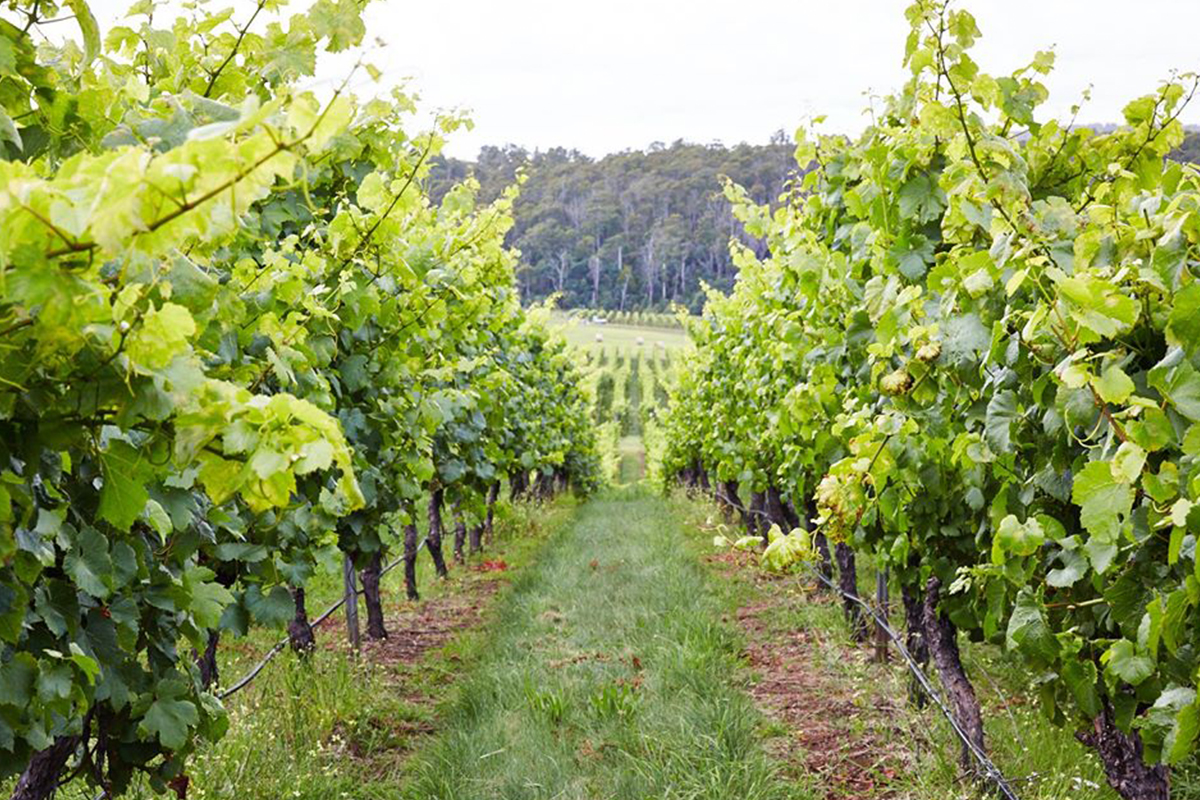Much of the world has been rocked by the novel coronavirus pandemic, leaving global industries fighting to survive, including the cherished wine industry.
Having endured some of the biggest historical challenges including World War I, World War II, the Great Depression and the Spanish flu since it burgeoned in the 15th century, winemakers across the globe are finding innovative ways to tackle the consequences of COVID-19.
In Australia, Accolade Wines Operations Director Lucy Clements tells The CEO Magazine, many vineyards have taken a triple hit following severe drought, Black Summer – the worst bushfire season the country has ever seen – and now the flu-like virus.
“There’s no doubt it’s been a tough year for the wine industry, first with the bushfires, very low yields from drought and poor set, and now the coronavirus,” Lucy says. “But we know we are not alone and that we, Australia and the world will get through this and come out stronger because of it.
“The wine industry is a close-knit international community and all regions are rallying around each other to support one another.”
Survival plans
With millions being stood down from their jobs or losing them entirely, it is crucial to support those still able to go to work.
“Our dedicated winemakers are currently in harvest season – one of the busiest times of the year – and are taking particular measures to ensure that they are able to continue caring for the grapes and vineyards,” Lucy shares.
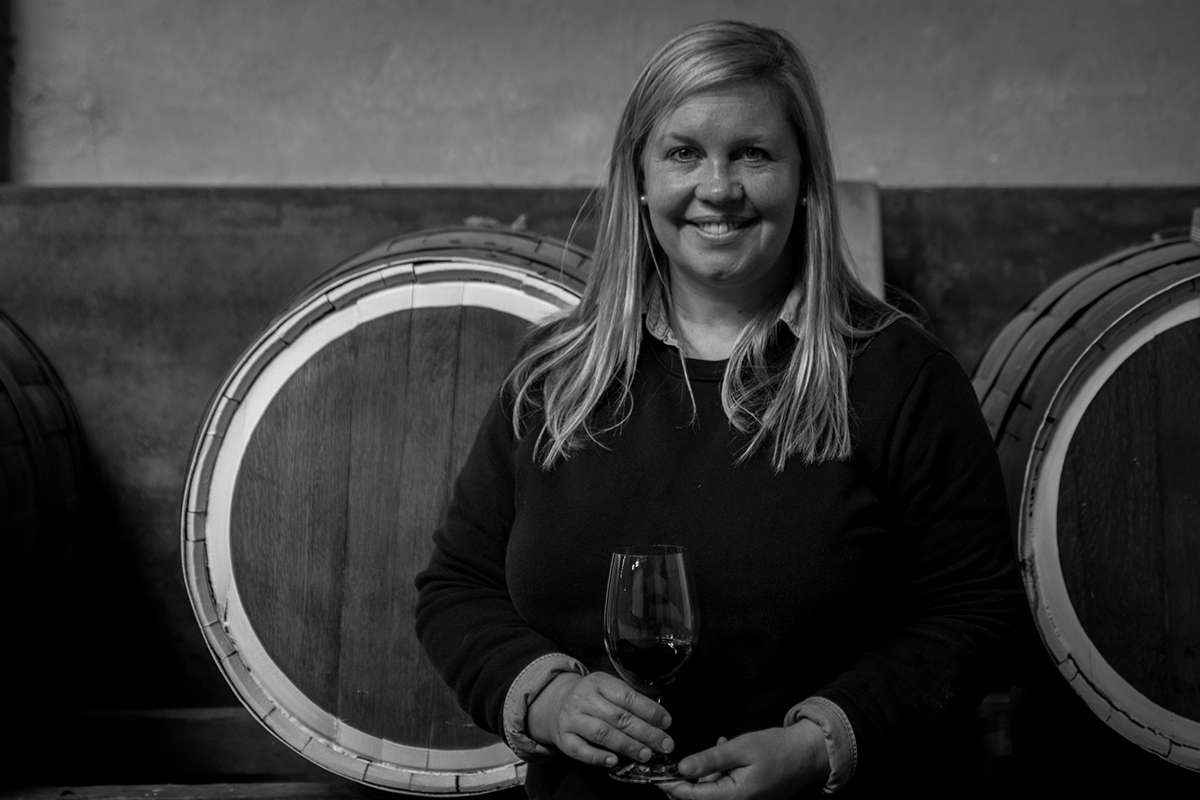
Across the industry, winemakers, lab teams, cellar hands and vineyard crews are taking extra measures to be protected in the workplace.
“We are limping through the end of the vintage with as few people at each of our sites as possible and that’s really making a difference,” Lucy says. “I am so proud and impressed for the diligent and sensitive approach that all of our colleagues have taken.
“These measures are also ensuring that the wider wine industry can keep delivering premium wine to Australia and the rest of the world.”
Heavily dependent on tourism, a lack of cellar door visitors will force many wineries into generating innovative business solutions.
Hemera Estate in South Australia’s Barossa Valley, where business has fallen by more than half since social distancing measures were put in place, are launching virtual tastings of their favourite wines.
“Nothing too technical; we share a glass and talk about the wine and how it’s made,” Winemaker Russell Cutting told ABC News.
Business as (almost) usual
As cooler months start to creep into Australia, it is the optimal time to produce and age vintages.
“Our two wineries in the Barossa are finding it particularly tough but are thankfully finished picking and pressing grapes and are now putting their wines to barrel – or tucking them into bed for the winter, as we like to say,” Lucy says. “Following the advice from health authorities and the Australian Government during this unprecedented situation will help to slow the spread of COVID-19, keep everyone safe and ensure guests will be able to access and enjoy the great wine produced from our portfolio for many years to come.”
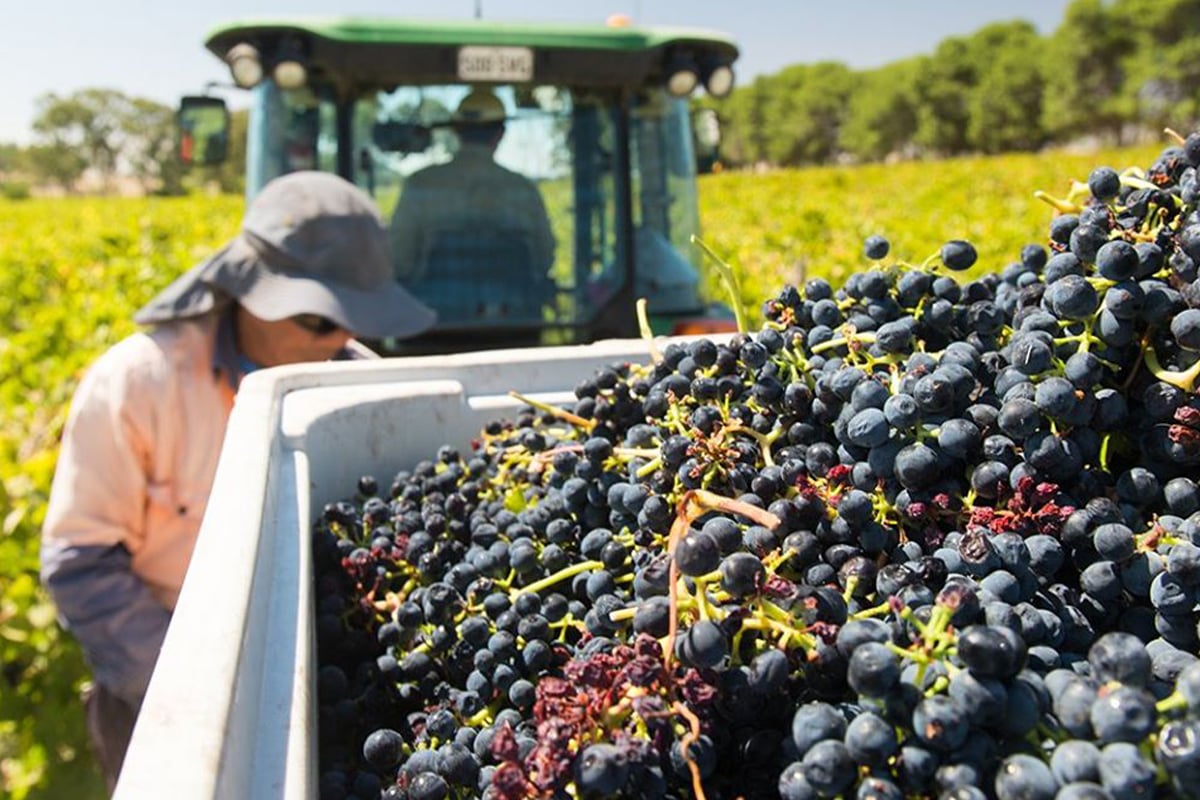
Working by implementing precautions will assist in fortifying the industry in the near future.
“I hope that we put more efforts into future-proofing our industry,” she explains. “Climate change is real and working towards using less water, less power and adopting more technologies is the only way we will survive for another 50 years.”
Global wine trends
Italy – the world’s biggest producer of wine and one of nations worst affected by the coronavirus – made the decision to move its leading wine show, Vinitaly, by a few months before deciding to cancel the 2020 event.
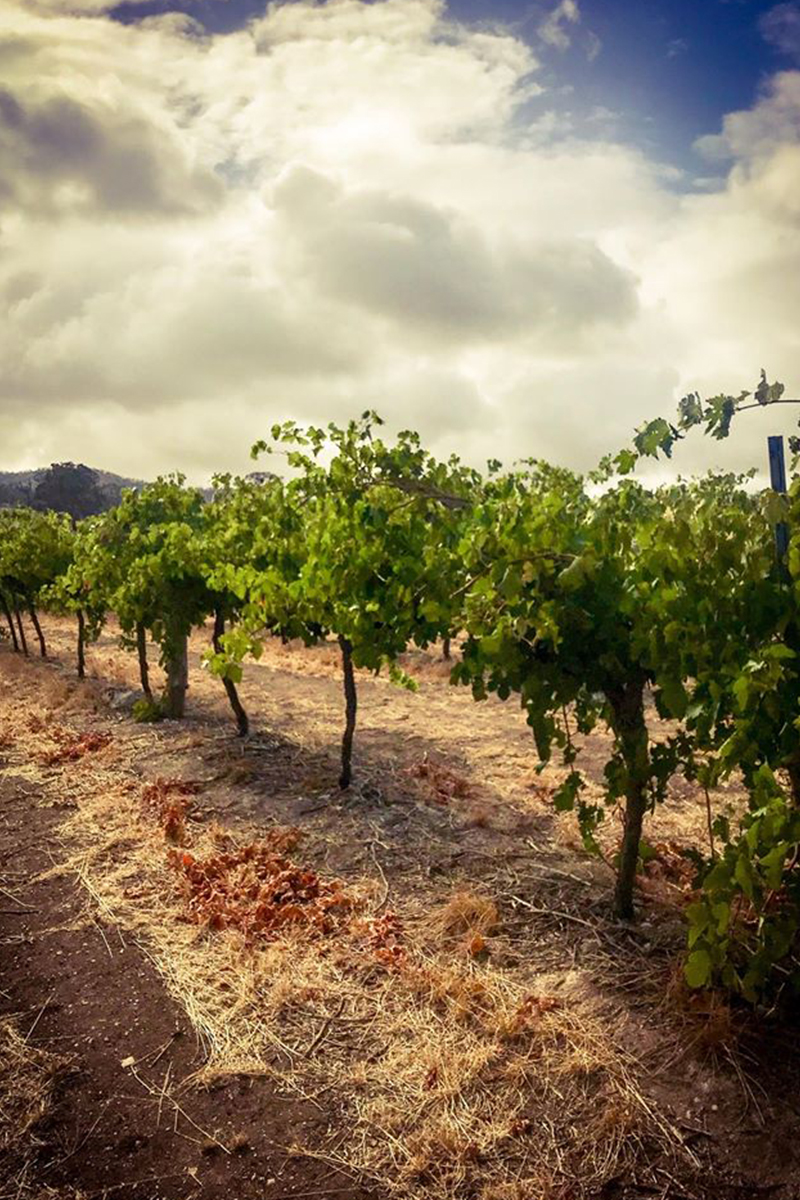
“The post-emergency period for us will be a renaissance which, until the last minute, we were sure could take place in June. Yet the health crisis, as everyone can see, has become distinctly worse and what seemed possible out the outset is no longer so now,” Veronafiere CEO Maurizio Danese said.
Australia’s wine grape production was reportedly the smallest harvest in seven years.
Australian Bureau of Agricultural and Resource Economics (ABARES) predicts the coronavirus outbreak could mean less demand from China for Australian wine, but demand will rise by 2021, according to Farm Online.
In the UK, it is thought the economic uncertainty and high alcoholic taxes will shrink consumption this year.
Exports to the US market from Spain will also see a downturn.
“In the USA market, it’s going to be a challenging year where COVID-19 comes right after the 25% tariffs imposed last October on Spanish wines below 14% alcohol,” Bodegas Emilio Moro President José Moro told Wine Spectator.
International global wine demand is expected to fall in 2020. Although supply in Europe, South America and the US remains high due to significant carryover stock from the 2018 vintage.
Keeping the wine industry thriving
As millions of restaurants close their doors indefinitely, global events are cancelled and tourism crashes, the repercussions of COVID-19 are strongly being felt.
“It’s definitely had an impact on the industry, but we know it’s not forever,” Lucy told The CEO Magazine . “We really are just one big family out in the wineries.”
Because of the size of the hospitality industry, one of the greatest effects will be impacted sales.
“Wine is not recession proof, but it is recession resistant,” Silicon Valley Bank Wine Division Executive Vice President Rob McMillan told Forbes. “In the same way it might not be virus proof, but it will prove virus resistant from an economic perspective.
“There is no chance we will see sweeping abstinence as a consequence of the virus.”
As more and more people are staying home, an increase of home deliveries is expected in every country through ecommerce sales.
Future of wine
Unexpected challenges are the norm for many seasoned winemakers. While it’s not often a disruption as grand as coronavirus, an ability to transform the unexpected into something more positive is key to the industry’s resilience.
“Because winemaking stems from the vineyard, the type of work we do in the winery is very seasonal,” Bay of Fires Winemaker and Manager Penny Jones tells The CEO Magazine. “There are innumerable challenges that all winemakers face – no two vintages are the same and it keeps us on our toes.
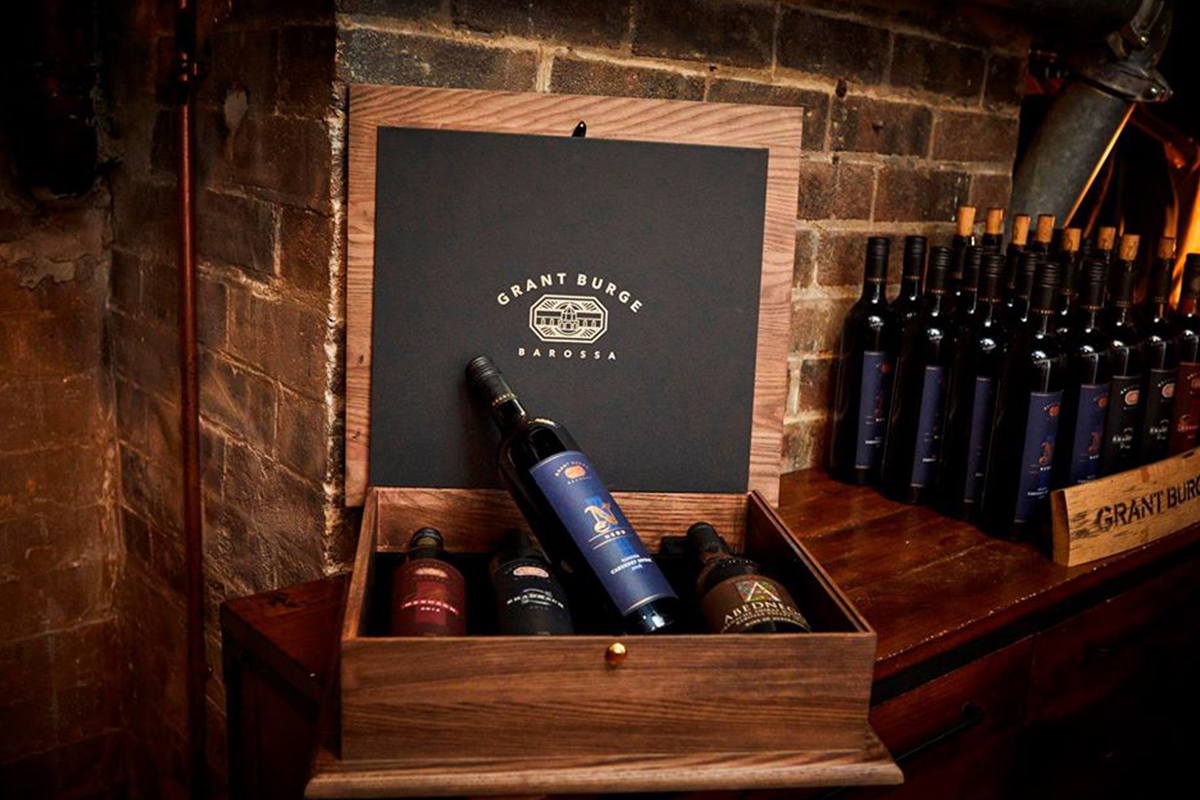
“Part of the satisfaction of the job is that our premium wines are actually the result of well over a year of hard work and commitment from a passionate and committed team of people.”
While adapting to the new way of enjoying a drop of vino, it’s facing the struggles that binds the industry closer together.
“These heartbreaking moments often yield incredible teamwork and strong camaraderie, and we are really seeing that in our wider group now – not just within wineries but within our eight wineries across Australia and New Zealand all supporting each other and working together as one,” Lucy adds.
Indulging in delicious drops
With uncertainty continuing to fall across every aspect of our lives, there is no better time to be kind to ourselves. So why not share a wine with loved ones, whether it’s in person with your social isolation clan or via a virtual family and friends get-together.
Not only will it taste delightful but it will help support the industry and bring a touch of light to many households – one of the things Lucy adores about being a winemaker.
“I love the history that comes before us and also shaping a beautiful product that can last for many years to come,” she says. “I love making a product that brings people immediate joy and happiness.
“We ensure we craft wines to inspire and delight.”


